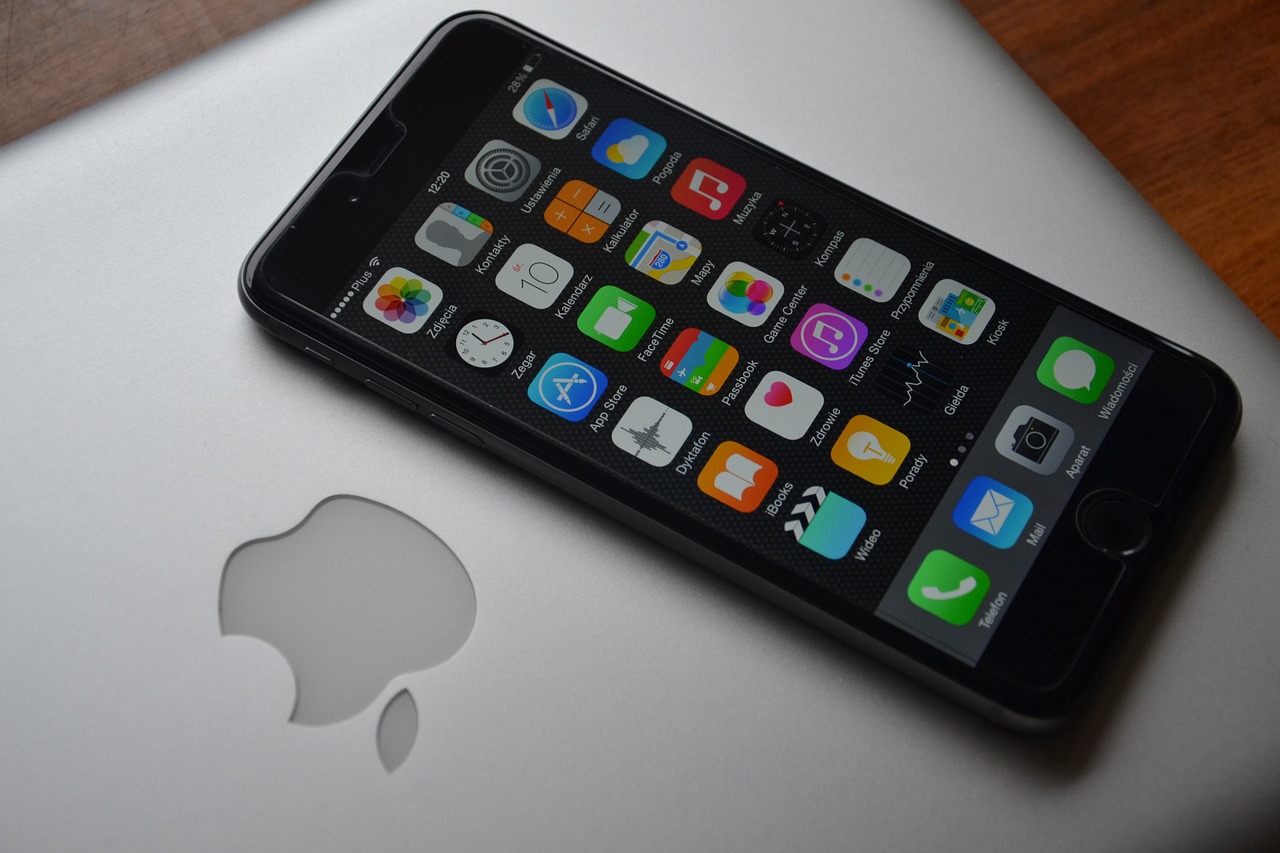
- Details
- Written by: Mike Leary
- Category: Tech
Microsoft has embarked on developing its own artificial intelligence (AI) reasoning models, aiming to rival those of OpenAI. This initiative reflects the company's strategy to diversify its AI capabilities and reduce reliance on external partners.
Read more: Microsoft Develops In-House AI Models to Compete with OpenAI

- Details
- Written by: Mike Leary
- Category: Tech
Smartphone technology is evolving rapidly, bringing futuristic concepts closer to reality. Innovations such as holographic displays, foldable batteries, and touchless gesture control have the potential to redefine how users interact with their devices. While some of these advancements are already in development, others remain experimental. This article explores whether these technologies will become the new standard in smartphones and when they might be widely available.

- Details
- Written by: Mike Leary
- Category: Tech
Choosing the right laptop in 2024 can be a challenge. The market offers a wide range of models suited for different needs. Some users require high performance for gaming, while others need lightweight ultrabooks for productivity. Business professionals prioritize security and reliability. This guide compares the best gaming laptops, ultrabooks, and business models based on performance, battery life, and display quality.

- Details
- Written by: Mike Leary
- Category: Tech
Home automation and robotics have advanced significantly in recent years. In 2024, smart devices have become an essential part of modern households. Robotic vacuum cleaners, kitchen assistants, and AI-powered home hubs offer new levels of convenience. Some of these devices genuinely improve daily life, while others are more of a luxury than a necessity.
